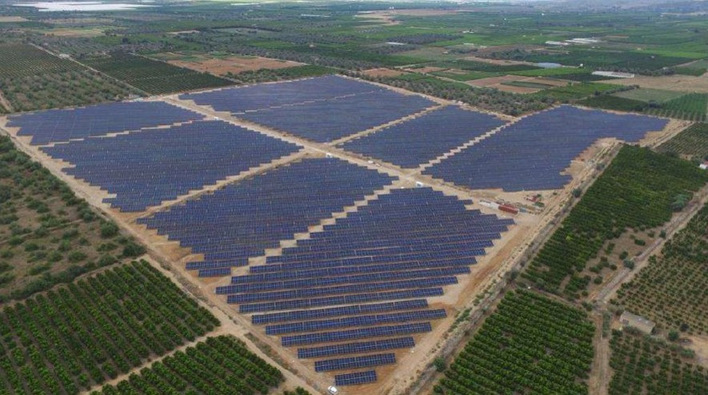Supplier exits to date alone are not expected to trigger the mutualisation process. However, there is a heightened risk that some active suppliers may now be unable to meet their obligation, which could contribute to triggering mutualisation.
Here are some of the key findings:
- Seven suppliers have exited the market with supply volumes in CP18.
- The total estimated impact of these exits currently sits at approximately half the mutualisation trigger.
- Although mutualisation is unlikely to be triggered by these supplier exits, there is a risk of RO mutualisation due to challenging market conditions.
Supplier exits not expected to exceed mutualisation trigger
Tim Dixon, Wholesale Team Lead at Cornwall Insight said: “Contrary to the two previous compliance periods where the mutualisation trigger was breached, it is not currently expected that the impact of supplier exits in CP18 will surpass this amount. The seven exited suppliers each had relatively small supply volumes in CP18.
This does not mean there is not a risk of mutualisation, as we could see further suppliers exit the market in the months ahead, or suppliers failing to meet the late payment deadline. In fact, should a supplier comparable to Extra Energy, Economy Energy or Spark Energy – all of which exited the market the previous year – exit the market it would likely tip the scale and push the shortfall in the buy-out fund towards the mutualisation trigger."
Costs will ultimately be passed on to consumers
Mr Dixon went on to say: “Suppliers have had to face challenging market conditions amid the Covid-19 pandemic, and as a result, there is a heightened risk that some suppliers may now be unable to meet their obligations and instead contribute towards triggering mutualisation. If mutualisation does occur, the costs will be recovered from suppliers who met their obligations and ultimately be passed on to the consumers’ bill.
See also:
EU confirms to increase 2030 renewable target
With initial compliance deadlines now having passed, any suppliers with remaining obligations will now need to make a payment by the late payment deadline of 31 October. This could prove a particularly fateful day for the energy sector, with both the RO late payment deadline and the end of the furlough scheme set to end.” (mfo)







